Earth
Sign up for our newsletter
We summarize the week's scientific breakthroughs every Thursday.
-
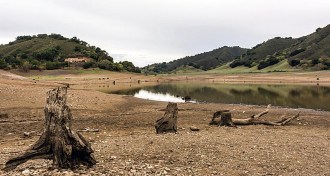 Climate
ClimateStalled global warming linked to North American drought
Strong Pacific Ocean winds blamed for the global warming hiatus also boosted the odds of severe drought in the southwestern United States.
-
 Climate
Climate‘Storm Surge’ revisits Sandy, looks to future hurricanes
Superstorm Sandy deluged New York City and could be a harbinger of future coastal flooding.
By Sid Perkins -

-
 Ecosystems
EcosystemsLessons for the new year
SN Editor in Chief, Eva Emerson, reflects on looking to nature for insights on how to constructively look ahead - even if just a year -drawing from a handful of this issues natural science stories for her 2015 resolutions.
By Eva Emerson -
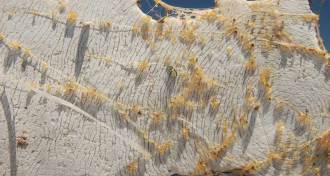 Environment
EnvironmentTrash researcher tallies ocean pollution
Marcus Eriksen has always had a thing for trash, and now he tallies ocean pollution.
By Julia Rosen -
 Health & Medicine
Health & MedicineOnline favorites of 2014
Science News' website traffic reveals the most-read news stories and blog posts of 2014.
-
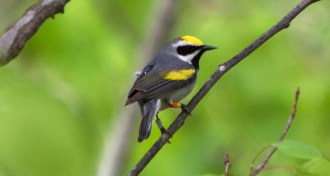 Animals
AnimalsLucky break documents warbler tornado warning
Warblers fitted with data collecting devices for other reasons reveal early and extreme measures when dodging April’s tornado outbreak.
By Susan Milius -
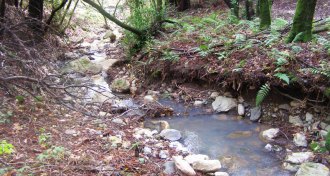 Earth
EarthSouth Napa earthquake revived bone-dry streams
The South Napa earthquake freed groundwater trapped in nearby hills, revitalizing previously dry streams.
-
 Environment
EnvironmentAir pollution linked to autism
Air pollution may double a pregnant woman's risk of having a child with autism, a new study suggests.
-
 Climate
ClimateSuper typhoon shoved supersized boulder
Typhoon Haiyan pushed a 180-ton boulder, the most massive rock ever seen moved by a storm.
-
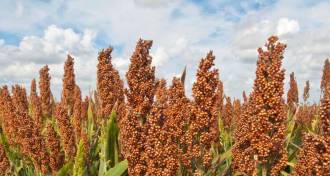 Agriculture
AgricultureRestoring crop genes to wild form may make plants more resilient
Restoring wild genes could make plants more resilient in tough environments.
-
 Oceans
OceansAlcatraz escapees could have made it safely to shore
Detailed simulations of the San Francisco Bay suggest that three prisoners who escaped from the prison on Alcatraz Island in 1962 could have made it safely to shore.